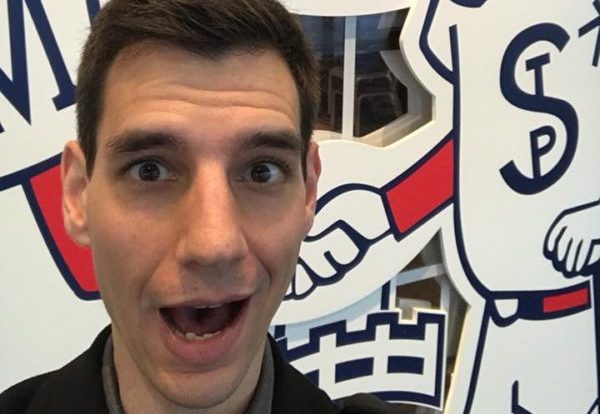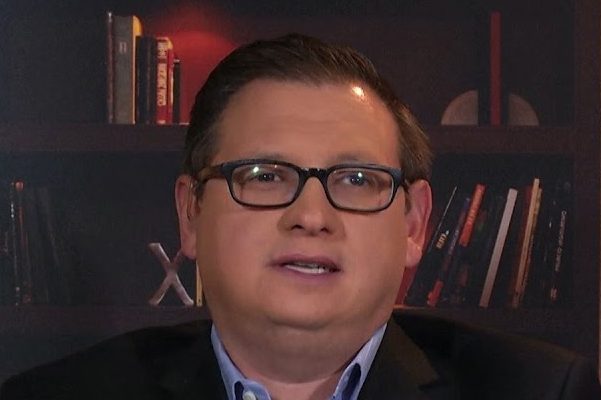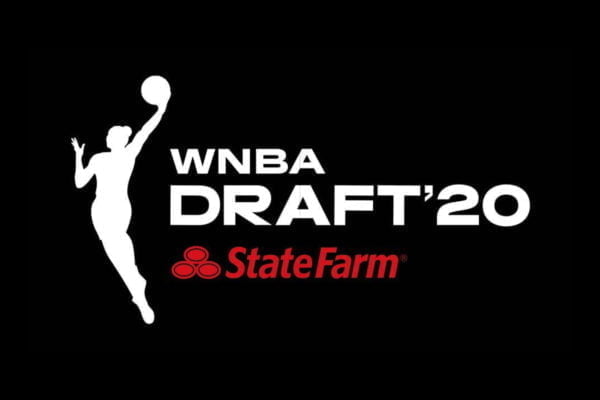Accountability in the sports talk industry has never been higher. In some ways, it’s harder to be a host with a national platform now than it has been in the entire history of the sports talk show. Audiences have long memories and easier access to receipts than ever before. Instead of running from those expectations, however, hosts and shows need to take more care in crafting their opinions, and take responsibility for their words – for better or worse.
As the genre of sports talk radio has matured, the process of creating a successful sports talk show has been refined and distilled into two key elements: Play the hits and create compelling opinions based on those hits. Consistency and sincerity in those opinions weren’t necessary components in that recipe – until now.
Before the advent of social media, “I nevah said dat!” was all the armor a host needed against any questioning of their previous comments. A caller had to rely on their own memory to take a host to task, and they had no real way to prove their recollection was accurate. With the explosion of social media, however, that isn’t the case anymore. As shows have posted quotes and videos online, they’ve also opened themselves up to criticism of their own words. Twitter accounts like @OldTakesExposed and @BackAftaThis are dragging previous comments and opinions back from the ether and sharing the receipts with everyone.
So, how should shows deal with this new accountability? Most hosts with large platforms bristle at the idea of someone pointing out an instance when they were wrong. Some hosts have been on the air for decades and are quick to remind people of his successes while never admitting to being wrong about anything. Doing this destroys your credibility and makes your next predication or opinion far less compelling. Worse yet, some hosts also pucker before giving that next opinion because they’re worried about it coming back to haunt them in the future.
But can being incorrect really haunt them? Just as fans make all sorts of prognostications that are wildly inaccurate, hosts and “experts” everywhere are constantly wrong about all sorts of things. Preseason predictions and NFL mock drafts are proof enough of that. @OldTakesExposed may be quick to point out when a host was wrong, but what most show units fail to realize is that the audience isn’t expecting perfection. They’re expecting authenticity.
Don’t run from your bad calls, lean into them. Most national shows do this during March Madness, but forgo the policy the rest of the year. Why? Turning a blind eye to our mistakes throws away an opportunity for genuine interaction with your audience. Authenticity is one of the most important things people look for when they’re forming a relationship with a host. What could be more real than being wrong like the rest of us?
Being wrong can actually be a no-lose situation for a show. If the evidence is clear that you were flat-out incorrect (“Brady is going to the 49ers”), just take the L and move on. The respect the host gains from the audience will last far longer than the memory of the wrong prediction. If you’re talking about something that is a little more black-and-white, use the criticisms themselves as content for your show. Doing so keeps your head out of the sand and allows the audience to feel heard, and to become a part of the show.
This philosophy doesn’t just apply to simple predictions, however. Colin Cowherd’s, “Where Colin Was Right, Where Colin Was Wrong” is a great idea, but it only boosts credibility if it is also applied to evaluations of players, coaches, teams, etc. The most damning tweets from @OldTakesExposed are the ones featuring Colin comparing a QB to an all-time great after previously calling him, “Jay Cutler with a ring.”
(That paragraph isn’t meant as rip Colin as much as it might read. I think he’s one of the best talk show hosts in the country, I just think he and others like him need to tweak their style going forward.)

Producers and other members of a show unit need to be the first line of defense for a host. No one is in a better position to create a mental inventory of what has been said than the people that are dedicating their working lives to the show. The crew behind the glass knows what’s been said, so they’re in a perfect position to help avoid some of the pitfalls that can come when jumping from one hot take to another. If the host is still intent on living in, “Jay Cutler with a ring” world, the show should at least be able to explain the evolution of their thinking in the meantime. Unsaid in this analysis is the relationship between host and crew being strong enough to allow for this kind of give-and-take.
The days of saying the most provocative thing from minute to minute and show to show are over. Just as sports talk itself has evolved with technology, so too have audiences. Hosts and show units must acknowledge their hot take inventories and carry them into each show. The crews that use criticism as the tool that it is and collectively craft their opinions will thrive in this brave new sports talk world. Those that don’t, will quickly be left behind.
Rob ‘Stats’ Guerrera is the executive producer of Pro Football Talk Live with Mike Florio on the NBC Sports Network. He has 15 years of experience on the production side of the radio business and has worked with a number of elite and up-and-coming personalities. Notable hosts he’s worked with include Mike Greenberg, Mike Golic and Erik Kuselias. You can reach him by email at Rob.Guerrera@NBCUni.com or follow him on Twitter @StatsonFire.
Rob ‘Stats’ Guerrera is a former columnist for BSM. He has worked as a national radio/TV/podcast producer with the biggest names in the industry on ESPN, NBCSN and DirecTV. Among those he’s worked with include Mike Greenberg, Mike Golic, Colin Cowherd, Dan Patrick, Scott Van Pelt, Ryen Russillo, Mike Florio, Mike Tirico, Kay Adams, and Erik Kuselias. You can find him on Twitter @StatsOnFire or reach him by email at RFGuerrera@gmail.com.








